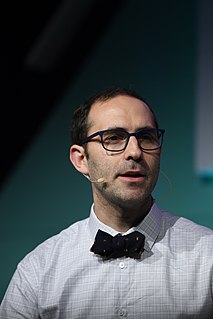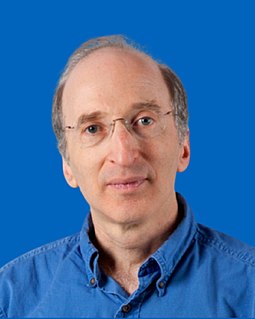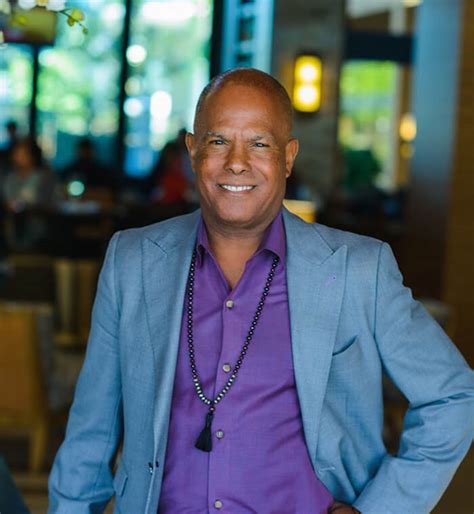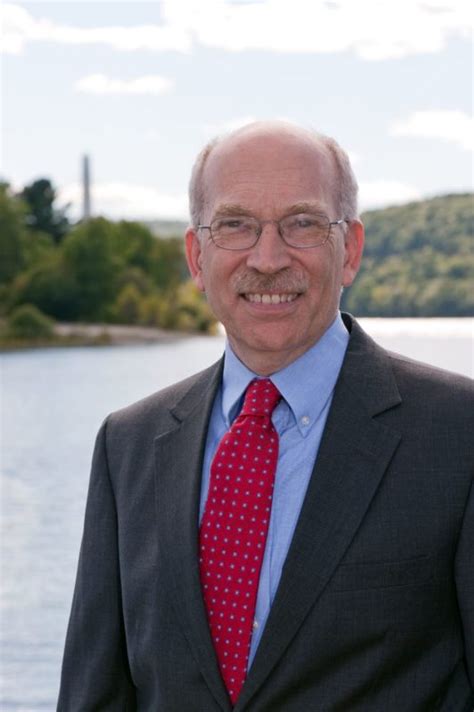A Quote by Emmett Shear
Who would you talk to? That is the first question for almost any startup that you need to answer. Who is my user and where am I going to find them?
Related Quotes
To be a scientist you have to be willing to live with uncertainty for a long time. Research scientists begin with a question and they take a decade or two to find an answer. Then the answer they get may not even answer the question they thought it would. You have to have a supple enough mind to be open to the possibility that the answer sometimes precedes the question itself.
During the season, I dodge the media, kind of. It's not that I'm trying to avoid them, but I know if they get a hold of me, there's going to be, like, 10 people around me, and I'm going to have to answer question after question, where in that time, after practice, I need to be taking care of my body and recovering.
We are posing two very clear questions. The first is: Did the Holocaust actually take place? You answer this question in the affirmative. So, the second question is: Whose fault was it? The answer to that has to be found in Europe and not in Palestine. It is perfectly clear: If the Holocaust took place in Europe, one also has to find the answer to it in Europe.


































